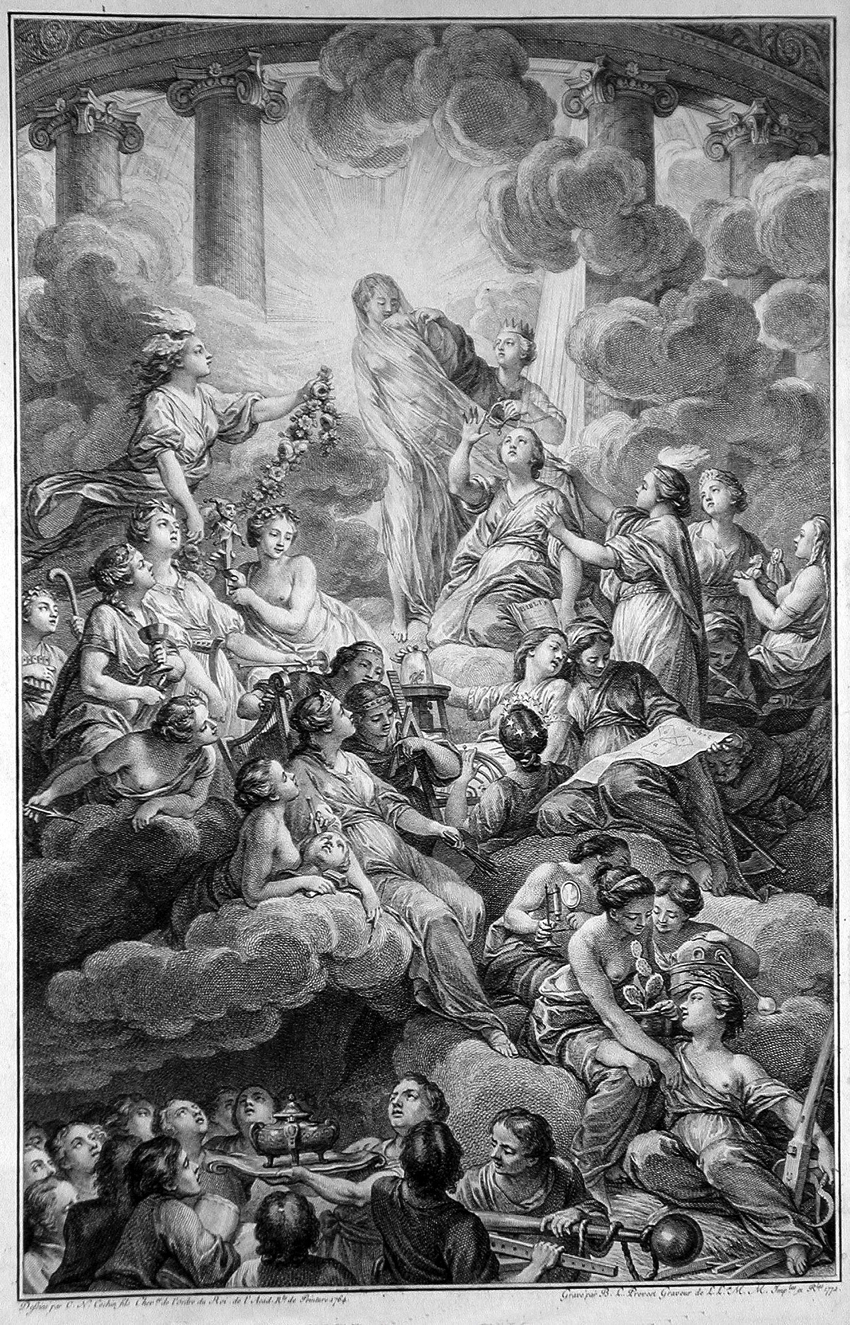
The European Enlightenment of the eighteenth century is conventionally taken to be the period in which the disciplines of philosophy, history, economics and anthropology, and other social sciences began to emerge as discrete disciplines independent of state and church control. This course therefore sets out to explore the new ideas generated in these areas as a result of a fresh understanding of man's place in the physical world. But while the course aims to look at ideas and concepts in themselves it is also concerned with the way that they were applied in political practice and adapted to provide new understanding of social structures, or as contemporaries put it, a 'Science of Man'. The chronological context of the Enlightenment is taken to be Europe between the reign of Louis XIV and the end of the Directory in France in 1799. The course gives students the chance to consider whether or not the Enlightenment was an era of European history that fostered the application of reason to political and social reform, an end to censorship, torture, and hierarchical social models, and a beginning to religious toleration and recognizably modern concepts of human rights, international law and social equality.
